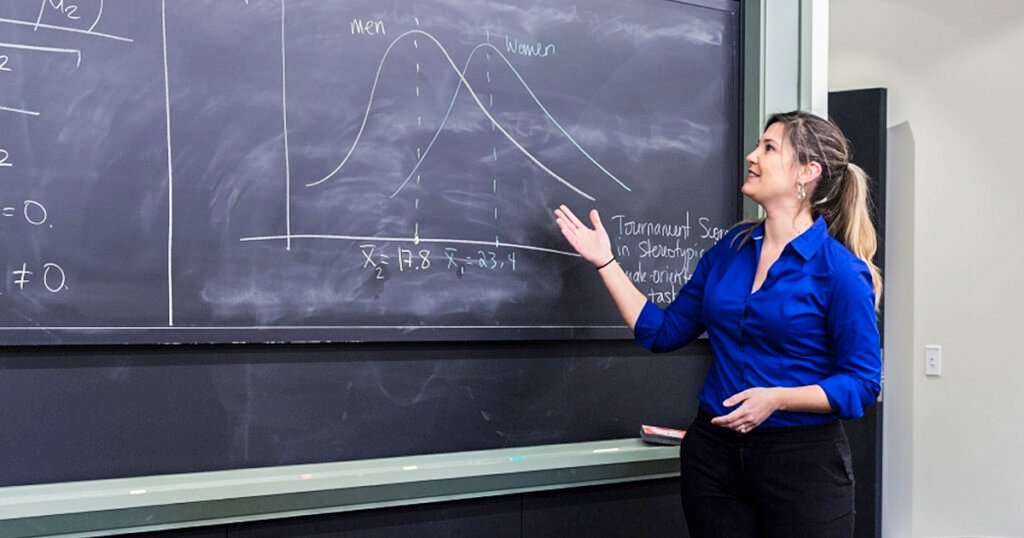How to Become an Economics Professor ?
Choosing the right major is always an important step when researching how to become an economics professor.
A professor is someone who instructs students in a wide variety of academic and vocational subjects beyond the high school level. They also conduct research and publish scholarly papers and books. They work in public and private colleges and universities, professional schools, junior or community colleges, and career and vocational schools.They are smart individuals with a natural ability to problem solve and pinpoint meaningful details. They’re great with puzzles and quandaries and love finding patterns and trends. If this sounds like you, being an economist could be the career you’re looking for.
Work with students who are studying for a degree or a certificate or certification or are taking classes to improve their knowledge or career skills
Develop a curriculum for their course and ensure that it meets college and department standards.
Plan lessons and assignments
Assess students’ progress by grading papers and tests
Advise students about which classes to take and how to achieve their goals
Stay informed about changes and innovations in their field
Conduct research and experiments to advance knowledge in their field
Supervise graduate students who are working toward doctoral degrees
Publish original research and analysis in books and academic journals.
Steps to become a economics professor?
Earn bachelor degree in Economics
Earn master degree in economics
Take a entrance exam for PhD degree
Do an internship as a lecturer
Gain some experience as a lecturer
Take up a assistant professor job position
Minimum Education
Master in economics
Degree
Ba in economics
Bachelor in economics
Master in economics
PhD in economics
Salary
The median pay for those who gained economics PhD’s and were in full-time employment at a university was $108,000, which is higher than all other science PhD’s.









4 thoughts on “how to become an economics professor”
Comments are closed.